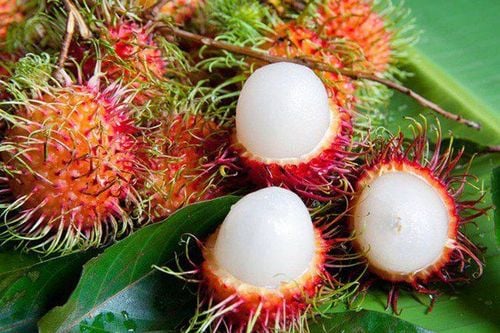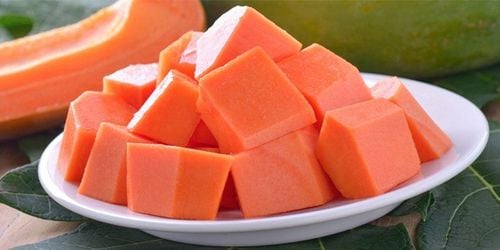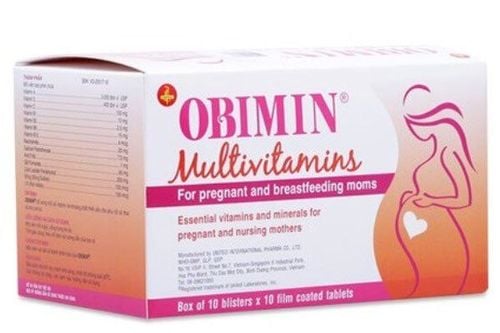Rambutan (Chôm chôm) is a tropical fruit orginating from Southeast Asia. The name "rambutan" comes from the Malay word meaning hair, due to its small golf-ball size with a red and green hairy exterior, somewhat resembling a sea urchin. The flesh inside is translucent white, mildly sweet, and contains a seed at the center. This article will explain what the benefits of rambutan are and whether rambutan is good for you.
1. Providing Rich in Nutrients and Antioxidants
Rambutan is rich in minerals, vitamins, and beneficial plant compounds. Specifically:
- Fiber: The flesh provides about 1.3-2 grams of fiber per 100 grams—similar to the amount found in apples, oranges, or pears.
- Vitamin C: Vitamin C in rambutan helps the body absorb iron from food more easily. This vitamin also acts as an antioxidant, protecting your body's cells from the risk of damage. Eating 5-6 rambutans will meet 50% of your daily vitamin C requirement.
- Copper: Rambutan also contains a significant amount of copper, which helps develop and maintain various cells, including those in bones, the brain, and the heart.
- Other Minerals: Rambutan also provides small amounts of manganese, phosphorus, potassium, magnesium, iron, and zinc. Eating 100 grams (or about 4 fruits) will meet 20% of the daily copper requirement and 2-6% of the recommended daily intake of other nutrients.
Although the skin and seeds of rambutan contain some nutrients, antioxidants, and other beneficial compounds; however they also contain compounds that can be harmful to humans. Therefore, it is advisable to avoid eating the seeds entirely to ensure health.
2. Stimulating the function of the digestive system
Rambutan can promote a healthy digestive system because it contains both 2 types of fiber:
- Insoluble Fiber: This makes up 50% of the total fiber content and passes through the intestines without being digested, helping to add bulk to stool and speeding up intestinal transit, thus reducing the risk of constipation.
- Soluble Fiber: It provides food for beneficial bacteria in the gut. In return, these bacteria produce short-chain fatty acids like acetate, propionate, and butyrate, which nourish the cells in the intestines, reduce inflammation, and improve symptoms of intestinal disorders such as irritable bowel syndrome (IBS), ulcerative colitis, and Crohn's disease.

3. Supporting weight loss
Like most other fruits, eating rambutan can prevent weight gain and promote weight loss over time. With around 75 calories and 1.3-2 grams of fiber per 100 grams, rambutan is relatively low in calories compared to the amount of fiber it provides. This means that eating rambutan can help you feel full longer, reduce the likelihood of overeating, and support weight loss.
Additionally, the soluble fiber in rambutan can dissolve in water to form a gel-like substance in the intestines, slowing down digestion and nutrient absorption, which helps reduce appetite and keep you full longer.
4. Aiding in the prevention of Infections
Eating rambutan can help boost the immune system in several measures. Specifically:
- Rambutan is rich in vitamin C, which promotes the production of white blood cells that the body needs to fight infections.
- Rambutan peels have long been used to combat infections, as they contain compounds that can protect the body from viral and bacterial infections. However, while some people do consume the peel, it is generally considered inedible.

5. How to eat Rambutan
Rambutan can be purchased fresh, canned, as juice, or dried for jams. If you want to select fresh rambutans, to ensure you pick ripe ones, check the color of their spines. The redder the spines, the riper and sweeter the fruit will be.
Before eating, remove the rambutan peel by cutting it horizontally with a knife and then twisting both sides of the peel with your hands to reveal the translucent white flesh inside. The flesh is edible, while the seed is not. You can remove the seed with a knife or by spitting it out after eating the flesh.
Rambutan flesh can be used in various recipes, such as salads, smoothies, ice creams, and pastries...
Overall, rambutan is a highly nutritious fruit that offers various health benefits, including weight loss, improved digestion, and enhanced infection prevention. The rambutan season usually lasts from April to June, during which eating rambutan is very fresh, delicious, and affordable, making it easy to incorporate into your diet.
Please visit our website (www.vinmec.com) for additional health care guidance, which we update regularly.
To arrange an appointment, please call HOTLINE or make your reservation directly HERE. You may also download the MyVinmec app to schedule appointments faster and manage your reservations more conveniently.
Reference source: Healthline.com













